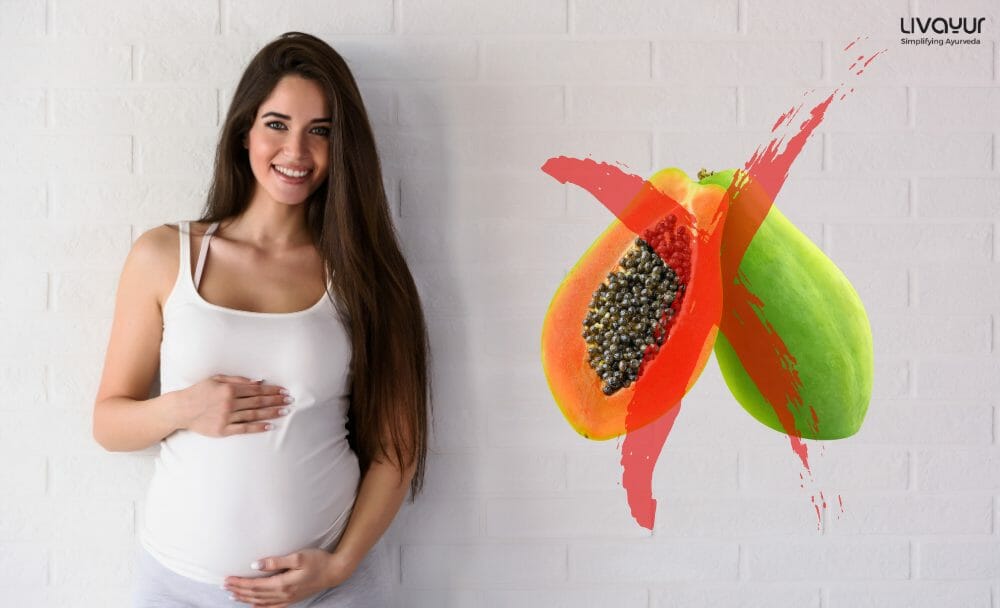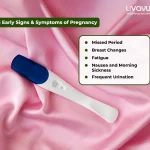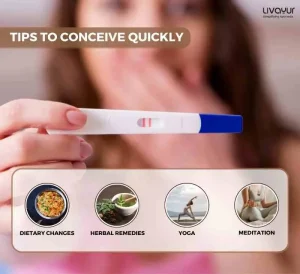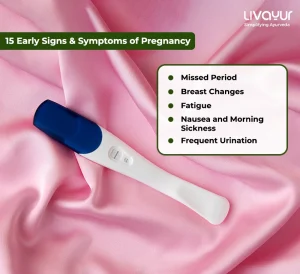
A study suggests that normal consumption of ripe papaya during pregnancy may not have any significant dangers. However, it is the unripe or semi-ripe papaya that could be unsafe in pregnancy because these papayas contain a high concentration of latex that leads to marked uterine contractions. This latex may function like oxytocin and prostaglandin, which are secreted by the pregnant woman’s body to induce labour.
Ripe Papaya vs Unripe Papaya
Ripe papaya is a rich source of beta-carotene, choline, folate, fibre, potassium, as well as vitamins A, B, and C, an unripe papaya is a source of latex and papain, which can cause potential harm during pregnancy. The enzymes present in unripe papaya can pose a hindrance to foetal development, trigger a miscarriage, and cause complications during pregnancy.
During pregnancy, a woman needs to practice utmost care. The development of the foetus is extremely delicate. As such, even the minutest number of harmful substances can lead to significant harm.
Here, we have mentioned 8 complications caused by eating unripe papayas during pregnancy.
- Papaya Can Cause a Miscarriage
Papaya is a powerful emmenagogue, which means it can stimulate as well as increase menstrual flow. During the initial stages of pregnancy, the placenta is formed. The latex present in unripe papaya can disrupt placental formation and may cause a miscarriage. Some studies have proven that papaya can cause an increase in vascular pressure, which can further cause internal bleeding or haemorrhages in the placenta. These lead to pregnancy-related complications, with a further risk of miscarriage.
- Papaya May Lead to Early Onset of Labour
The papain content in unripe and semi-ripe papayas can stimulate the production of two hormones: prostaglandin and oxytocin. These hormones function as chemical signals to induce contractions of the uterus, which can lead to premature labour.

- Papaya Can Impede Development of the Foetus
Papain and pepsin, which are present in unripe papaya, can be quite detrimental when it comes to foetal development. Some studies suggest that consumption of unripe or semi-ripe papaya in women trying to get pregnant can hinder implantation. Moreover, there could be an increased risk of pregnancy loss after successful implantation and harm to the embryo.
- Enzymes Present in Papaya Can Weaken Crucial Foetal Membranes
Papain, present in unripe papaya, can hamper cell growth and obstruct the development of tissues in the foetus. This can further weaken crucial foetal membranes.
- Papaya Can Augment Gut Motility
Papaya has laxative properties and is known to treat constipation. That said, excess movement of the bowels during pregnancy can create unnecessary pressure in and around the uterus, leading to potential miscarriage.
- Papaya Can Cause an Unwanted Abortion
The two primary enzymes found in papaya (papain and chymopapain) are teratogenic and abortifacient. This eventually means that both these enzymes are potentially harmful to foetal development and can cause an unwanted abortion.
- Papaya Can Lead to Pregnancy Complications
The enzyme papain helps in regulating the menstrual cycle. While this is a healing benefit, it can pose harm during pregnancy because the menstrual cycle stops in pregnancy, and any bleeding through the vagina can be a sign of ectopic pregnancy or impending abortion.
- Papaya Can Lead to Pregnancy Woes
With so many changes happening within the body, pregnancy can be quite a challenge for a woman. Moreover, latex present in unripe papaya is a common allergen that can lead to allergic symptoms. Common allergies include a runny nose and skin rashes. However, in some cases, it can be more complicated, such as anaphylaxis or difficulty in breathing.
On a Final Note:
Given the potential dangers and increased risks of complications of eating unripe and semi-ripe papayas during pregnancy, it is best to avoid the consumption of this fruit until the baby is born.





















